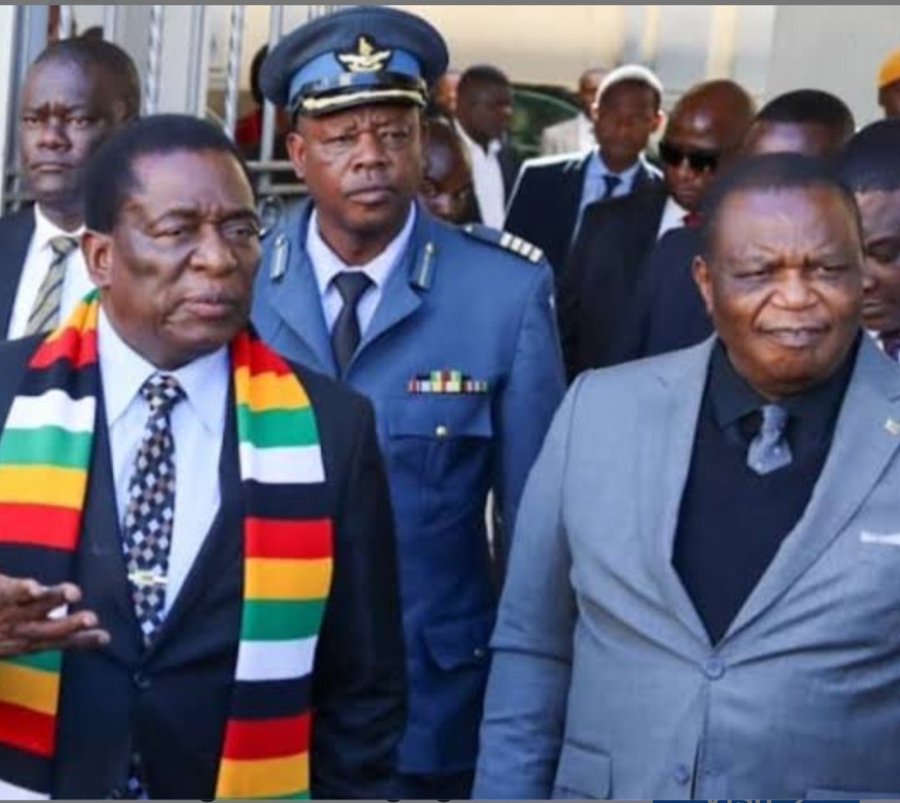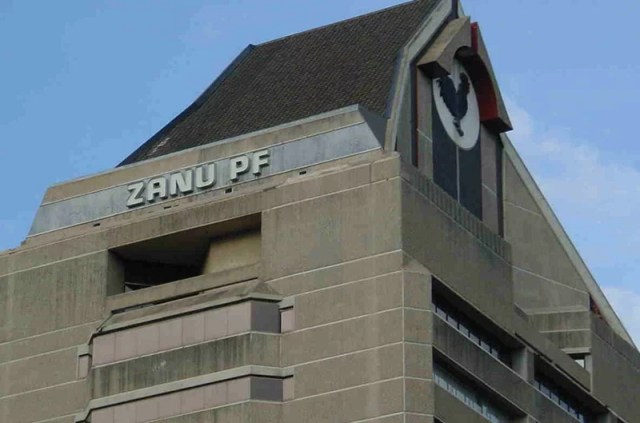MNANGAGWA’S ACTIONS SHOW BIGGER PROBLEMS IN ZIMBABWE

In Zimbabwe, President Emmerson Mnangagwa has been involved in many actions that make people question his respect for the country’s laws and the way he runs the government. Since he became president, some of his decisions have caused concern about the future of democracy in Zimbabwe. These actions have made many people worry that the president is not following the country’s constitution properly.
One of the first problems was when Mnangagwa appointed General Phillip Valerio Sibanda as the head of the Zimbabwe Defence Forces. This move was controversial and was seen as unconstitutional by many people. Later, under pressure, Mnangagwa had to undo this decision. This event showed that the president might not always be following the laws that guide the country’s government. It was one of many actions that have raised eyebrows about how the president runs the country.
The problems with Mnangagwa’s presidency began with the military coup in 2017. This coup changed the political situation in Zimbabwe. After the coup, many people noticed that the country’s judges were not always making fair decisions. This created worry that the judges were working with the government to make sure certain people stay in power. The judges were supposed to be fair and independent, but some of their actions made people doubt this.
One of the important moments came when Mnangagwa failed to make sure that Phelekezela Mphoko took over certain duties. This was a clear violation of the constitution. Also, after the last elections, which were very controversial, Mnangagwa was inaugurated as president. Many people still question if those elections were fair, and this has added to the feeling that his presidency is not fully legitimate.
There have been other questionable decisions. For example, the way some provincial ministers were appointed seemed not to follow the rules. Mnangagwa also refused to appoint a State Security or Intelligence minister, which is an important part of the government. These moves make it seem like the president does not care about following the constitution properly.
Even the Football Association of Zimbabwe (FAZ) has been caught up in some controversy. The way recent elections in FAZ were handled has been called unconstitutional, showing that the problems with governance in Zimbabwe are not just in the government but in other areas of society too. Adding to this, there have been concerns about Justice Loice Matanda Moyo, who is supposed to be an independent judge but is seen as having conflicts of interest.
The situation with General Sibanda is one of the clearest examples of Mnangagwa’s disregard for the constitution. This event showed that the president and his government may not be following the laws properly. These actions are not just isolated incidents; they are part of a bigger problem. Each time Mnangagwa makes a decision that goes against the constitution, it weakens the foundation of Zimbabwe’s democracy.
These continued violations of the constitution could lead to serious problems for Mnangagwa. If political opponents use these actions against him, they could push for his impeachment. This could lead to more political instability in Zimbabwe, which is already in a delicate situation.
In conclusion, the future of Zimbabwe’s democracy is in question. Mnangagwa’s actions are not just a problem for him but are a sign of bigger issues in how the country is governed. Zimbabwe needs to address these constitutional violations to ensure that democracy and fairness are respected. The country faces a choice: Will it stick to the principles of democracy and law, or will it continue down a path where power is more important than the rules? The answer to this question will decide what kind of future Zimbabwe will have.

